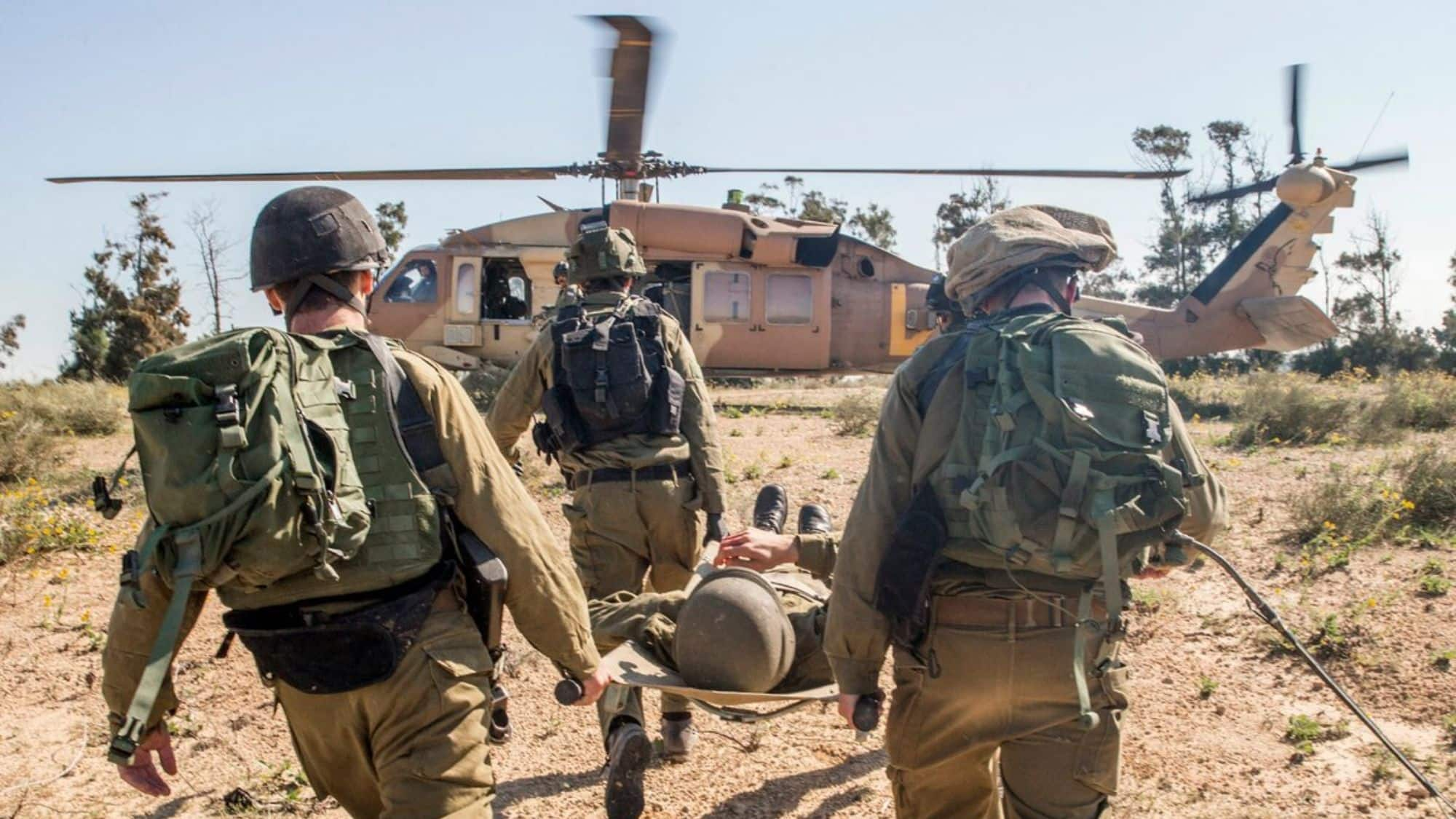The recent escalation in the long-standing conflict between Israel and Hezbollah has led to significant casualties, with the Israeli Defense Forces (IDF) reporting the deaths of eight soldiers during intense fighting in southern Lebanon. This tragic event marks Israel’s deadliest day on the Lebanese front in what has been a year filled with hostilities, particularly involving the Iran-backed militant group Hezbollah.
Details of the Conflict
The fatalities were announced the day after Israel commenced a ground offensive into southern Lebanon, which has heightened tensions along its northern border. Confirmations of ongoing confrontations have emerged from both Israeli and Hezbollah sources, highlighting the fierce nature of the current clashes.
Names of the Fallen
In memory of those who served bravely, the IDF shared the names of the fallen soldiers: Captain Eitan Itzhak Oster, Captain Harel Etinger, Captain Itai Ariel Giat, Sergeant First Class Noam Barzilay, Sergeant First Class Or Mantzur, Sergeant First Class Nazaar Itkin, Staff Sergeant Almken Terefe, and Staff Sergeant Ido Broyer, all lost during combat against Hezbollah militants.
Military Developments
As part of the confrontation, Hezbollah has claimed responsibility for the destruction of three Israeli Merkava tanks during the clashes near the village of Maroun al-Ras. In contrast, Israeli military sources did not confirm the loss of tanks but reported that its ground troops, supported by air force strikes, engaged and neutralized several Hezbollah fighters in direct encounters.
Escalation of Forces
In response to the ongoing conflict, Israel has increased its military presence along the border by deploying additional troops and artillery units. This strategic move is part of Israel’s objectives to eliminate the threat posed by Hezbollah, particularly concerning rocket fire into Israeli territory.
Regional Implications
The conflict is increasingly drawing in regional powers, with Iran, a supporter of both Hezbollah and Hamas, becoming more involved in the hostilities. The ramifications of this engagement have broader implications for stability across the Middle East as tensions continue to escalate.
International Concerns
The United States has also positioned military assets in the area to provide support for Israel, raising concerns about the potential for international involvement in this already complex situation. The situation remains fluid as both sides remain steadfast in their military campaigns—Israel aims to restore peace and security, while Hezbollah insists on continuing its operations until a ceasefire is established in Gaza.
Humanitarian Impact
The ongoing violence has had a devastating impact on civilians, particularly in Lebanon. Reports indicate that over 1,000 people, including women and children, have lost their lives due to Israeli strikes in the past two weeks alone. The humanitarian crisis is deepening, emphasizing the urgent need for a resolution to the conflict.
Conclusion
The situation on the ground remains critical as both Israel and Hezbollah brace for further confrontations. As the conflict continues to unfold, the need for international dialogue and peace efforts becomes increasingly important to halt the violence and address the underlying tensions between these factions. The stakes are high, and the consequences of continued warfare could have lasting effects not only in the region but also globally.












